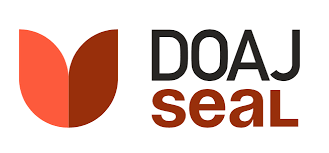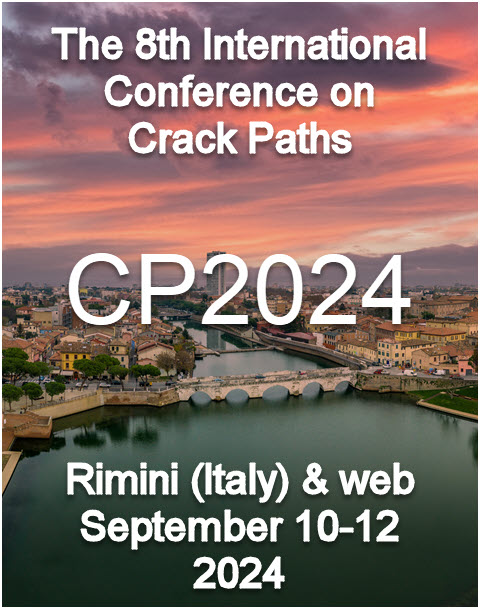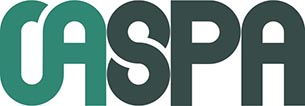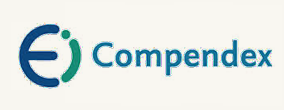Deformation and failure of carbon fiber composite specimens with embedded defects during tension-torsion test
DOI:
https://doi.org/10.3221/IGF-ESIS.46.27Keywords:
Carbon fiber composite, Embedded defect, Complex stress state, Digital image correlation technique, Infrared thermography, DeformationAbstract
A need to timely reveal operational damages and technological defects requires a prompt control of states of structures made from composite materials and their consequent repairs aimed at service life extension. This work is devoted to the experimental study of inelastic deformation and fracture of specimens made from layer composite materials with prior introduced technological defects related to a possible inappropriate compacting and inappropriate bonding of material layers at a given restricted domain. The analysis is carried on the evolution of inhomogeneous deformation fields on the surface of carbon plastic specimens with an internal “delamination-type” defect under complex stress state. The method of active infrared thermography was used to identify the location and parameters of defects configurations. The obtained experimental data will be used for further tests related to sufficiency evaluation of signals received from the built-in sensors under complex loadings.
Downloads
Downloads
Published
Issue
Section
Categories
License
Copyright
Authors are allowed to retain both the copyright and the publishing rights of their articles without restrictions.
Open Access Statement
Frattura ed Integrità Strutturale (Fracture and Structural Integrity, F&SI) is an open-access journal which means that all content is freely available without charge to the user or his/her institution. Users are allowed to read, download, copy, distribute, print, search, or link to the full texts of the articles in this journal without asking prior permission from the publisher or the author. This is in accordance with the DOAI definition of open access.
F&SI operates under the Creative Commons Licence Attribution 4.0 International (CC-BY 4.0). This allows to copy and redistribute the material in any medium or format, to remix, transform and build upon the material for any purpose, even commercially, but giving appropriate credit and providing a link to the license and indicating if changes were made.




































